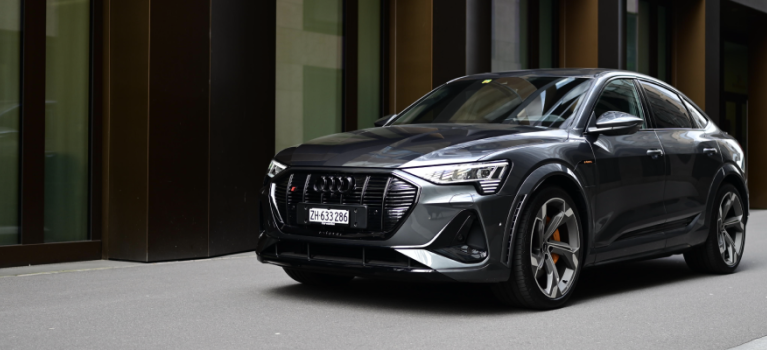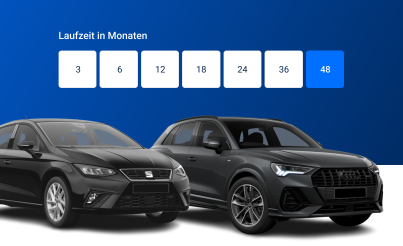The first company car - a milestone for any start-up! But how should the new vehicle be financed? Leasing is a popular option, but is it the most sensible one for young companies? In this blog article, we look at the pros and cons of leasing and introduce you to a flexible alternative for your company car: the car subscription.
Your order books are full, your team is growing and your tasks are becoming more complex - your startup is taking off! But what about your own mobility? A company car can make your work easier and give you more freedom and flexibility. It can also help professionalise your company image and may even offer tax advantages. However, a car is still a cost factor that needs to be weighed up carefully. The question is: is it worth investing in a car, or are there more flexible and cheaper alternatives?
Leasing is popular with companies
With leasing, you rent a vehicle for a certain period of time (usually 36-48 months) and pay a monthly leasing instalment, which includes the costs for using the car as well as the financing costs. Leasing is particularly popular with companies due to its advantages.Advantages of leasing
Protects liquidity: Leasing does not tie up large amounts of capital and allows financing from operating income.
Tailor-made leasing contracts: Terms and kilometres can be agreed individually before the contract is signed. This means that the vehicle can be tailored to your current needs. Caution: Remember that contracts cannot be changed afterwards. So think carefully about how your needs may change over the course of the contract.
Security in your planning: Leasing instalments are predictable and allow you to plan ahead.
Tax simplification: You can find out more about the specific tax features of leasing in our articles on the taxation of private and company cars.
Contractual commitment: Leasing contracts are often long-term, rigid and cannot be easily cancelled. Agreements on duration and kilometre allowance are usually not flexible. There are usually high penalties for early termination.
Restrictions on use: Leasing contracts usually include a limited number of kilometres that you specify before signing the contract. If this is exceeded, additional costs will be incurred and this can be quite expensive.
Costs: Often not all costs are included in the monthly lease instalments. You pay extra for maintenance, insurance, tyres, etc. It is therefore difficult to plan for the actual costs.
The car subscription: more flexible and cheaper than leasing
Because of the disadvantages of leasing, more and more companies are opting for a car subscription. This is a relatively new form of vehicle usage that combines the advantages of leasing with additional flexibility and cost benefits. In other words:
Flexible terms: With Carvolution, you can subscribe to a car for as little as three months. This is particularly practical if you have shorter periods of use. In addition, you can usually keep the car you've subscribed to at the end of the term and cancel it on a monthly basis.
Customisable kilometre packages: Do you drive more than you planned? Or do you realise that you are not using the full kilometre package you originally selected? No problem! With us, you can change your kilometre package every month to suit your needs. So you only pay for what you need.
Transparent costs: Companies appreciate the predictability and cost certainty that car subscription offers. Unlike buying or leasing a vehicle, where additional costs for maintenance, insurance and repairs are added, with a car subscription everything is included in a fixed monthly price. This means there are no unpleasant surprises and you can budget for the cost of the subscription.
Conclusion: subscription beats leasing
A car subscription is an interesting alternative to leasing for start-ups and small companies. It offers more flexibility and lower costs, making it ideal for young companies that want to organise their mobility in a way that suits their needs and budget.
SUPER SALE
Benefit from the super price of the Seat Ibiza Style from just CHF 216.- per month and get an additional 2'000 kilometres for free. Request a non-binding offer now!










